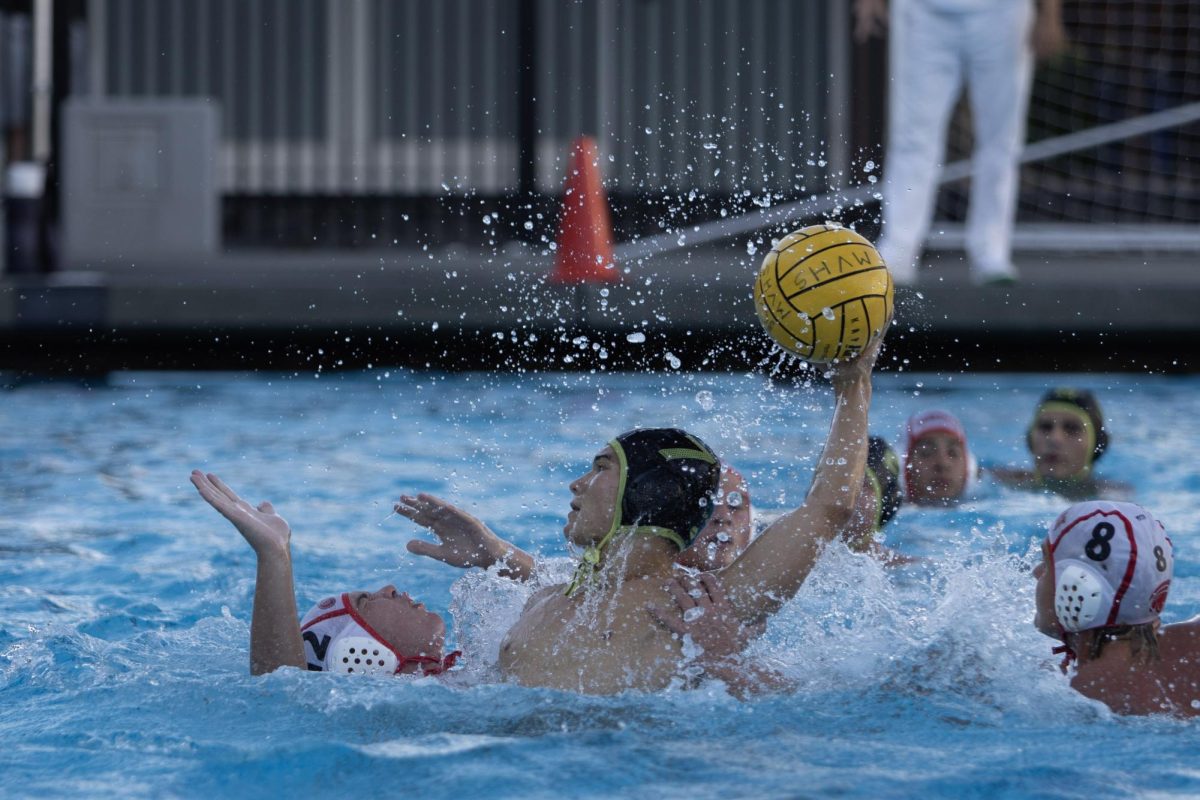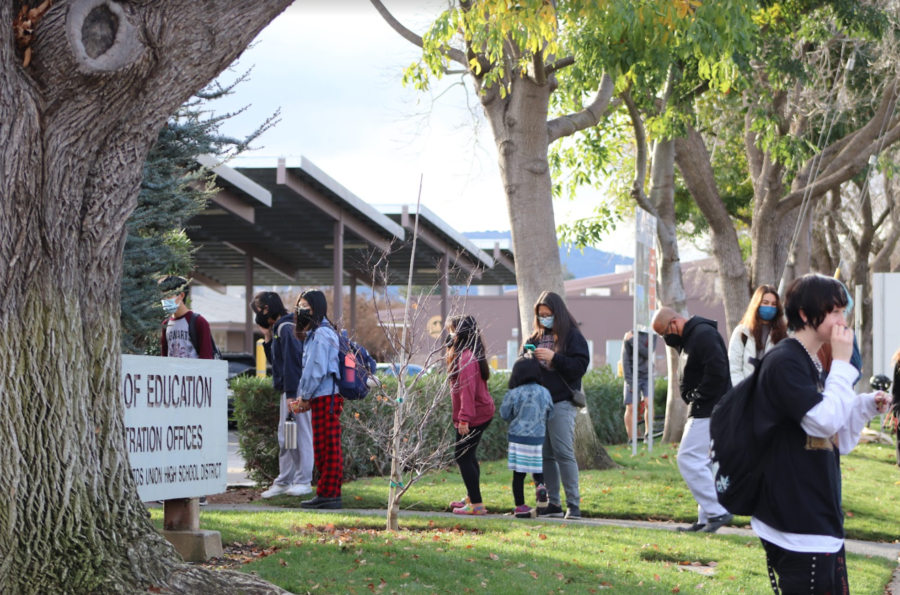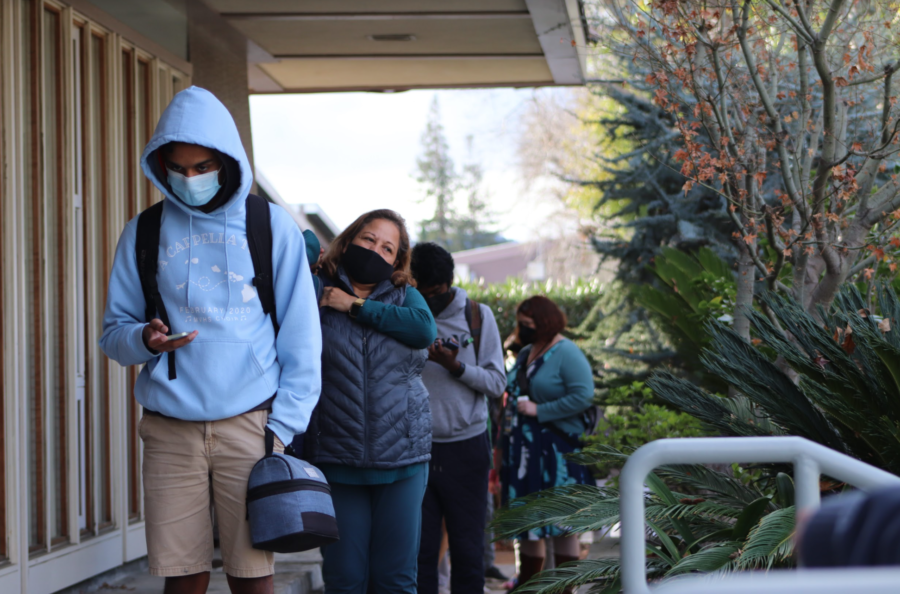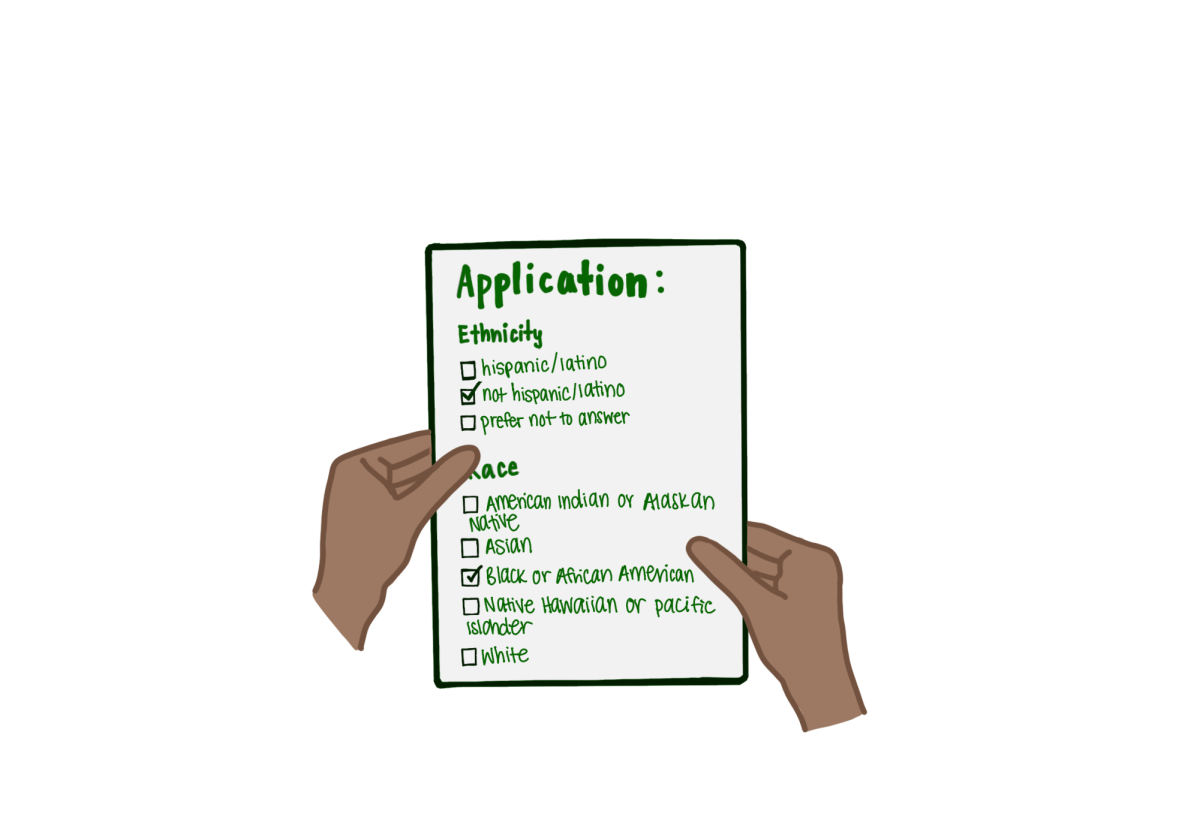Online learning developments
Quick-changing district policies, nation-wide college decisions, and systematic grading changes are just a few of the challenges that teachers at the school have been forced to overcome following the outbreak of COVID-19. In short, since the school closed, it has not been a smooth ride for everyone.
“I can barely keep my head above water right now,” math teacher Brian Perryman said in an email. “Even though I’ve gained three hours back by not commuting, I am working much longer hours and feel as if I’m reinventing the wheel on a daily basis.”
Teachers like Perryman, who did not have the majority of their class online prior to the school being shut down, now face a harder adjustment. However, he added that “the students, my colleagues, and the admin have all been very understanding, which helps.”
Teachers around the school are struggling to overcome challenges like Perryman’s.
I can barely keep my head above water right now
English teacher Mia Newton, said that her Honors American Literature team is the least cohesive of the three classes she teaches, making it more difficult for her to organize and facilitate online learning. She also teaches sophomore AP Language and Composition and freshman Survey of Composition and Literature.
“HAmLit is definitely the class that I feel like I’m on my own for, there’s not as many teachers that teach HAmLit and we were all in different places in the curriculum when we were released,” Newton said. “That team isn’t as much of a functioning unit.”
Newton, like most teachers, has had to change significant parts of her curriculum, including the year-long Author Study Project, a research project where students read the works of an author and write a 15-20 page, college-level paper analyzing them.
“I really believe that it’s inequitable to have the rest of the project to be distance learning because I feel like about a third of the class really needs me with them and I haven’t introduced as much as I could,” Newton said.
The district’s plan to kind of roll things out slowly was really good
Chemistry teacher Jeff Panos said his department is also making changes to their scheduled curriculum, trying to minimize loss of content in order to have “some sort of deliverance of materials.”
“We are planning to do it in a relatively manageable and gentle manner, but we still need to have some sort of accountability,” Panos said.
The district-implemented Phase II plan is meant to mitigate some of these struggles.
“The district did what they had to do to make sure we have our equity needs met in the district, to move to a platform that is accessible for everybody as well as set meaningful expectations,” Panos said. “I think the district’s plan to kind of roll things out slowly was really good.”
According to computer science and math teacher Brendan Dilloughery, he appreciates the administration’s effort as many of his friends who are teachers told him that it has been “free for all” at their schools.
“I really feel like our admin and DTA have… taken the time and so many hours on Zoom to really create a well thought out plan,” Dilloughery said.
They’re all human and they’re trying to do the best they can for so many stakeholders in the community
Newton, on the other hand, has expressed concerns with the slow communication between the administration and the teachers.
“I know that the people making decisions have a lot of different stakeholders that they’re trying to please. I feel like… there was kind of a mismatch between when information was coming out and when teachers heard about it,” Newton said. “But I understand that no one has ever been through this before and it’s an imperfect system.”
“They’re all human and they’re trying to do the best they can for so many stakeholders in the community,” Dilloughery said. “Think of how many thousands of people they’re serving… with wildly different opinions [and situations.]”
Changes to grading policies
The district also voted to move to a Credit/No Credit grading system, prompting varied responses from students and teachers.
Panos said he supports this decision.
“The district is trying to manage stress and anxiety levels with a lot of students and student families that are affected differently,” Panos said. “I think the [Credit/No Credit] sets us up for a very manageable final eight weeks.”

Dilloughery echoed this idea.
“You don’t know what each person is experiencing and I think that’s a big benefit of going Credit/No Credit. It lowers the expectations a little bit for kids who might be facing big hurdles,” Dilloughery said.
According to Newton, she supports the new grading system because she feels that “treating this semester like a regular semester [wouldn’t] do any good.”
“I know that for students, especially sophomores and juniors, they really feel robbed, that they worked so hard in the third quarter and they’re willing to keep working hard, and I don’t want to take that away from them. I’m sure as a student, I would feel the same way,” Newton said.
She added that she believes students will not be “penalized or looked down upon” for receiving credit in the new grading system.
“Students in the high-risk category are ones who came into the shutdown with a deficient grade, figuring out how we are going to get them to pass and keep them engaged is a high priority right now,” Panos said.
Changes to AP classes and exams
Another priority is modified AP exams and curriculum. Each AP exam has been shortened to a 45-minute free-response online test. The College Board continuously updates their website with new information regarding each of the AP exams.
“This [AP chemistry] test is going to be, especially for the caliber of student we have an MVHS, which is very high, is going to be on the easier side,” Panos said.
Panos said he thinks the CollegeBoard has done a “good job given the circumstances,” and he is in favor of the changes that have been made.

“I appreciate their desire to work with the students to make this a less stressful and still, provide a meaningful experience and that they can still earn their college credit that they desire,” Panos said.
Most AP classes are now focusing their classes on review for the exams.
“AP curriculum is more or less finished for the school year, because we are just in review mode,” Panos said.
“We are reviewing what we’ve done before… and also making sure they’re ready for the technology part of it because it’s really different,” Newton said. “The College Board is offering now that students can do it from their own device, so we’re making sure they’re prepared for that too.”
Despite these difficult changes, Newton said the AP Comp department is “really pleased that they decided to proceed with the test.”
She added that in these unprecedented times we have to “think forward and globally.”
“I know that the decision makers have had the mantra of ‘do no harm’. This semester is so abnormal for almost every student in the world,” Newton said. “I can’t imagine treating this semester like a regular semester.”







































jesse • Aug 31, 2020 at 9:05 am
I learned teachers gained 3 more hours.i also learned teachers are barley making ends meet.i also learned it is difficult to organize online learning. I also learned ap exams are shortaned to 45 min free response.